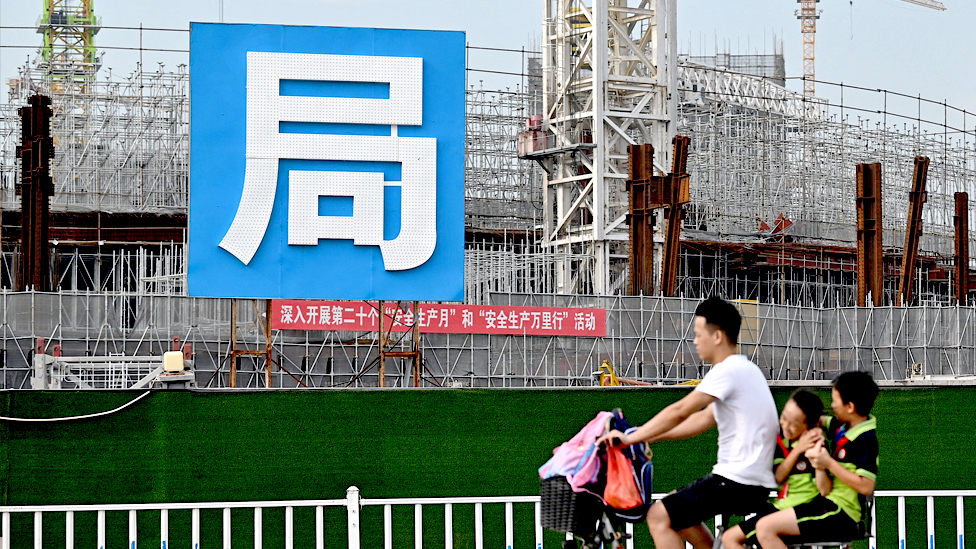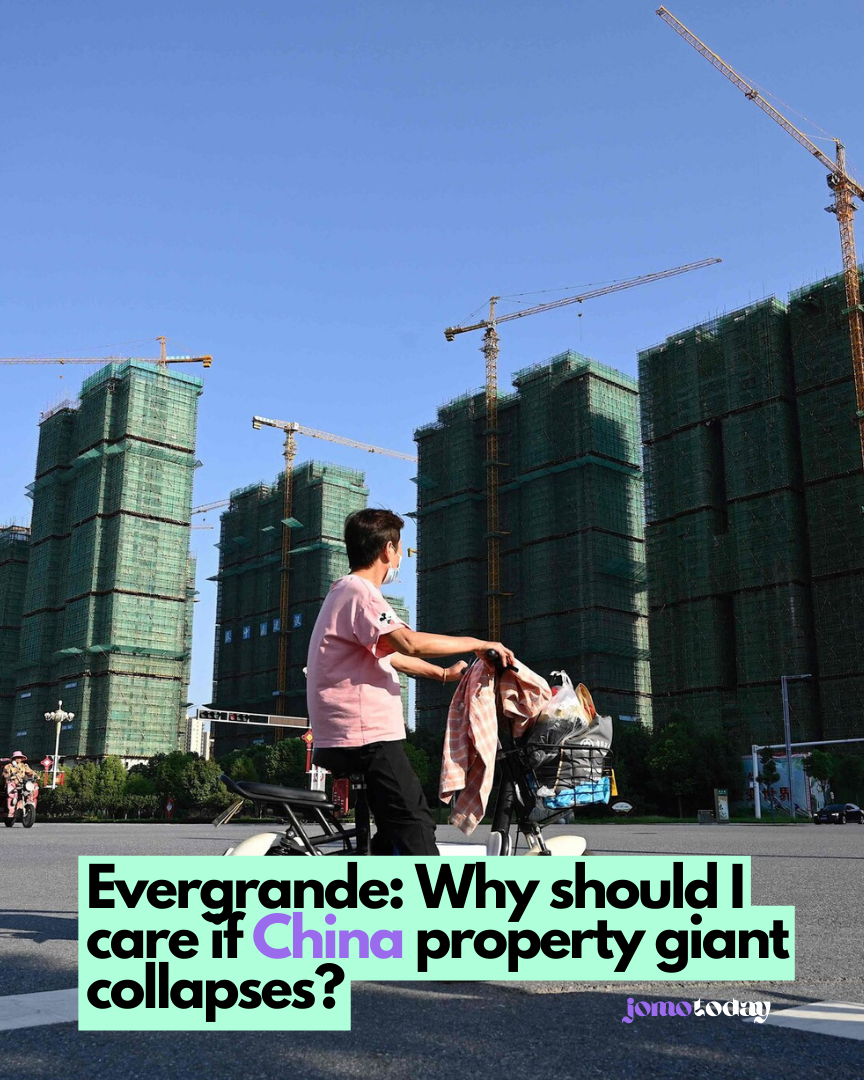The crisis facing the world’s most indebted company has deepened following the placement of its chairman under police surveillance.

This development comes after earlier reports that other current and former executives at the Chinese property giant Evergrande had also been detained. As a result, Evergrande has suspended trading of its shares in Hong Kong indefinitely, marking another significant setback for the company. Evergrande had previously been declared in default in 2021 after missing a critical repayment deadline, which contributed to the ongoing real estate market crisis in China.
Evergrande, originally known as the Hengda Group, was founded by businessman Hui Ka Yan in 1996 in Guangzhou, southern China. The company, according to its website, currently possesses more than 1,300 projects in over 280 cities across China. The broader Evergrande Group is involved in diverse sectors, including wealth management, electric car manufacturing, food and beverage production, and even owning a controlling stake in a prominent football team, Guangzhou FC. However, Mr. Hui’s wealth has significantly declined, in large part due to Evergrande’s mounting problems.
Evergrande’s troubles stem from its aggressive expansion, which made it one of China’s largest companies by accumulating over $300 billion in debt. In 2020, Beijing implemented new regulations to limit the debt levels of major real estate developers, prompting Evergrande to offer substantial discounts on its properties to generate revenue and sustain its operations. Presently, the company is struggling to meet interest payments on its substantial debts, resulting in a staggering 99% decline in its share value over the past three years.
In August, Evergrande filed for bankruptcy protection in New York to safeguard its U.S. assets while negotiating a multi-billion dollar deal with creditors.
The potential ramifications of Evergrande’s collapse are significant. Firstly, individuals who purchased property from Evergrande, even before construction began, are at risk of losing their deposits. Additionally, companies that have business dealings with Evergrande, such as construction firms, design companies, and materials suppliers, face substantial losses, potentially pushing them toward bankruptcy.
The most far-reaching concern is the potential impact on China’s financial system. If Evergrande were to collapse, banks and other lenders might reduce lending, potentially leading to a credit crunch where companies struggle to access affordable loans. This would negatively affect the world’s second-largest economy, impeding growth and, in some cases, forcing businesses to cease operations. Such a scenario could also unsettle foreign investors, potentially making China a less attractive destination for investment.
While some analysts speculate that Beijing may intervene to rescue Evergrande due to the severe consequences of its collapse, others believe it may be too late for such a rescue. The company is viewed by some as being on the brink of forced liquidation. This could have a substantial impact on China’s economy, as the property sector contributes approximately a quarter of its growth.
Nevertheless, opinions vary on the likelihood of Evergrande’s complete collapse. Some experts believe that it won’t be allowed to fail completely, as such an event could have cascading effects on other indebted companies and the broader property sector, which is crucial to China’s economic growth. While authorities may keep it afloat, it would likely be as a significantly diminished company, marking a dramatic transformation from its previous status.
Read more: Ujjain: India outrage as raped girl walks around seeking help






1 Comment